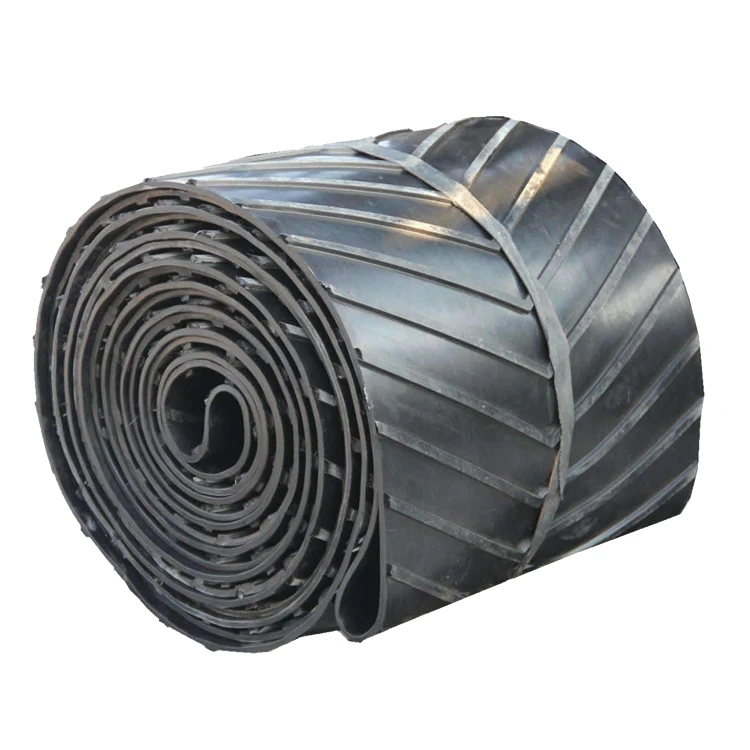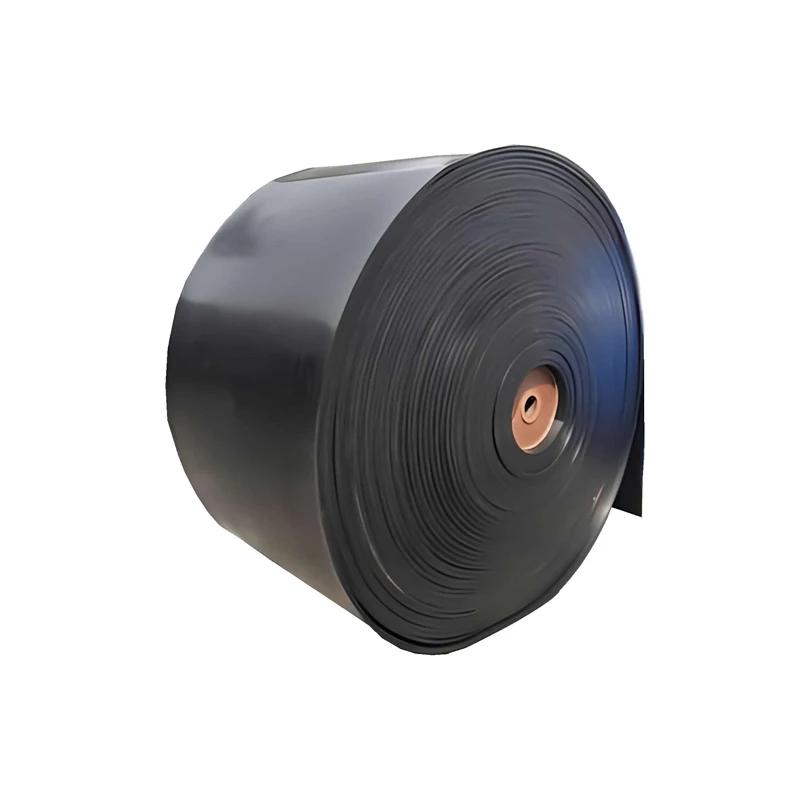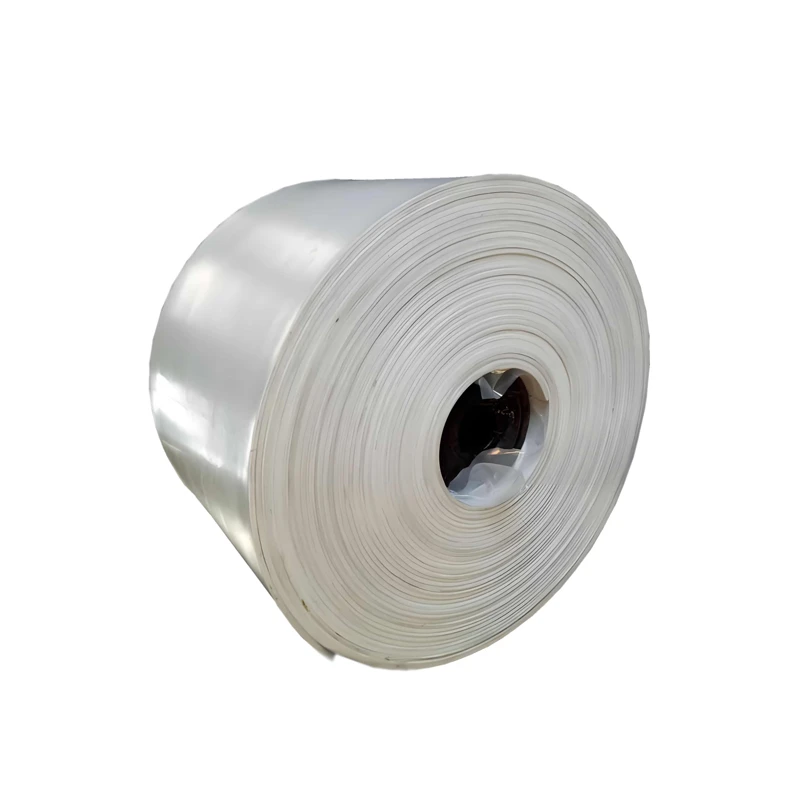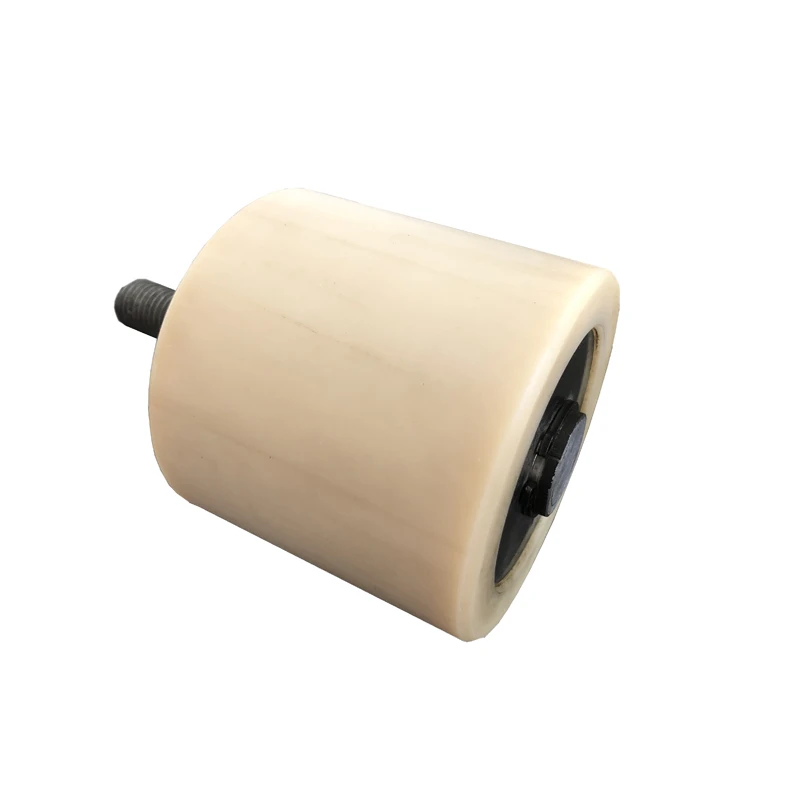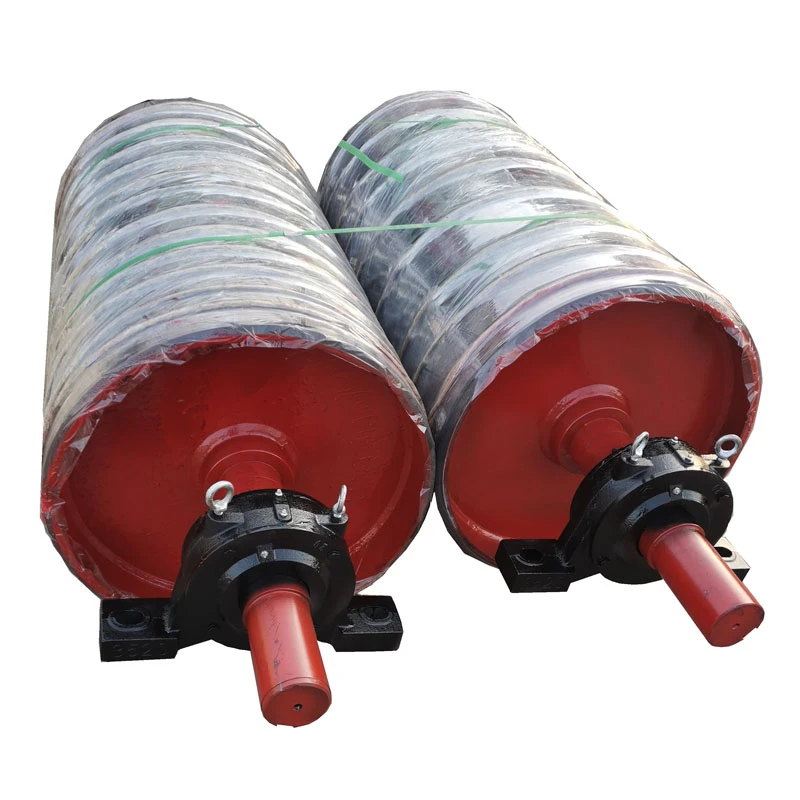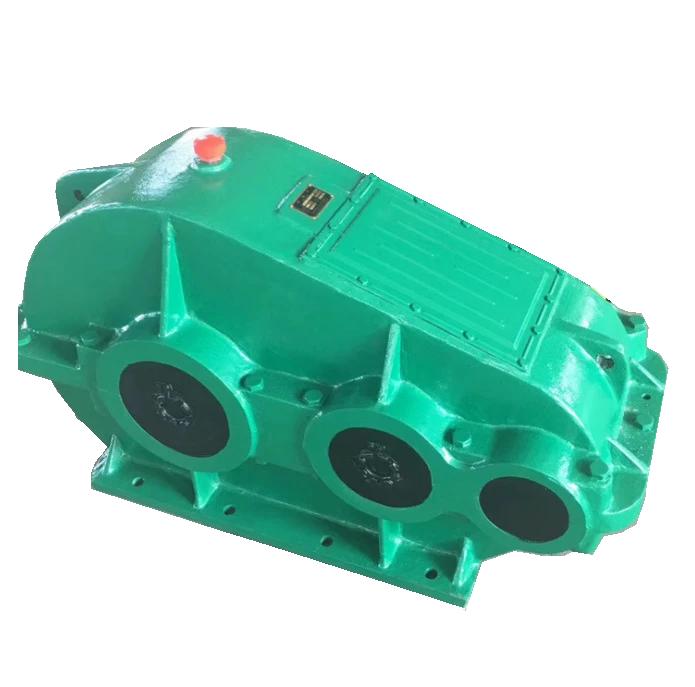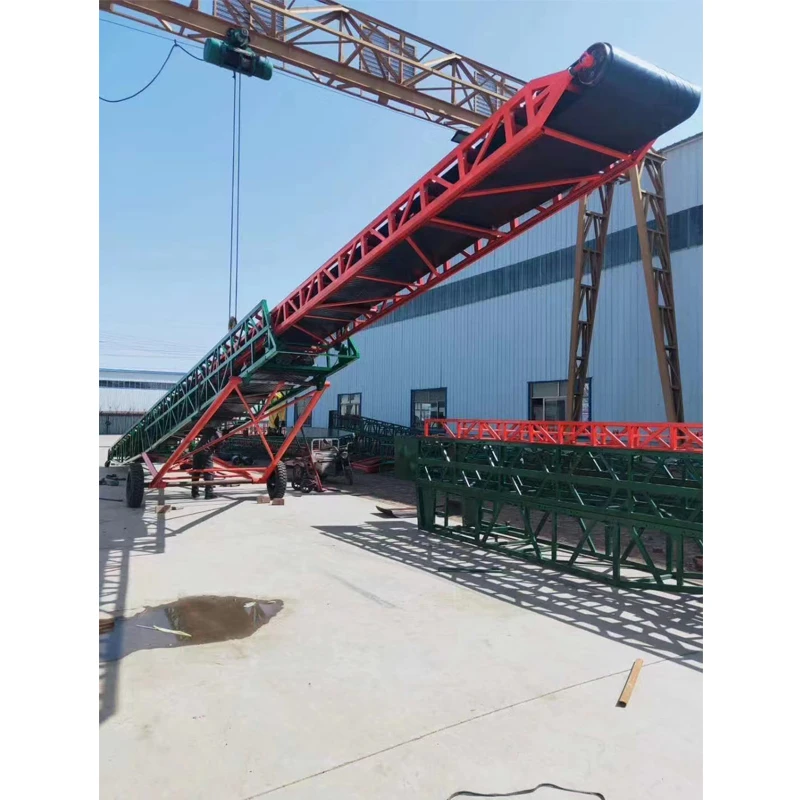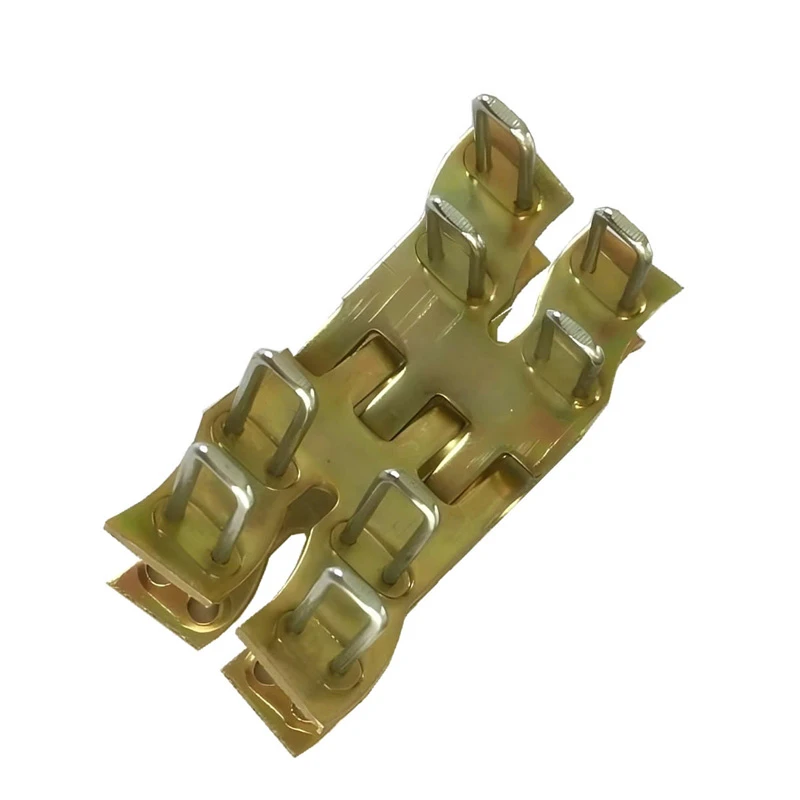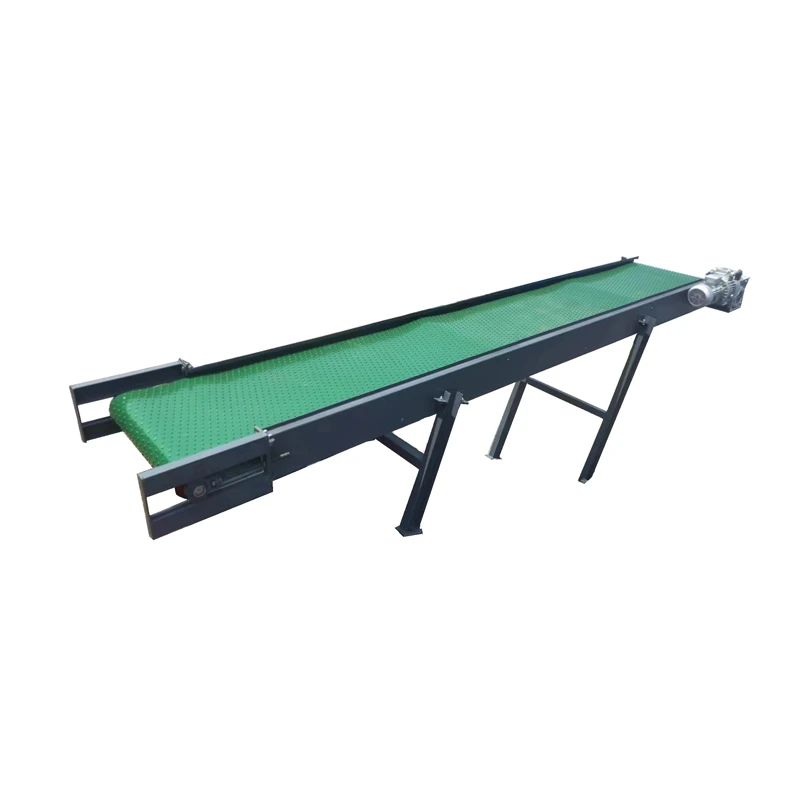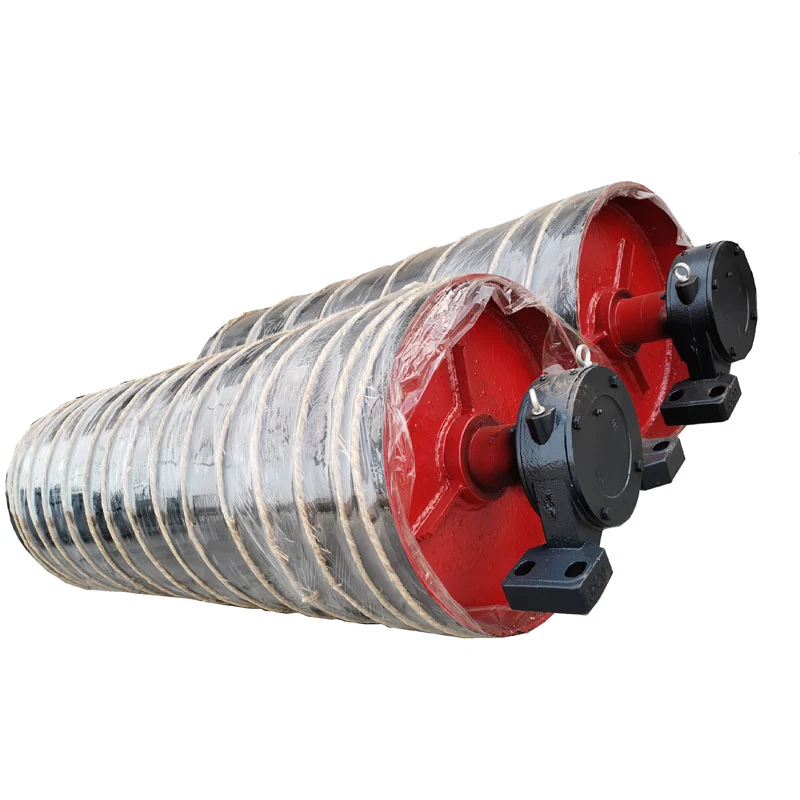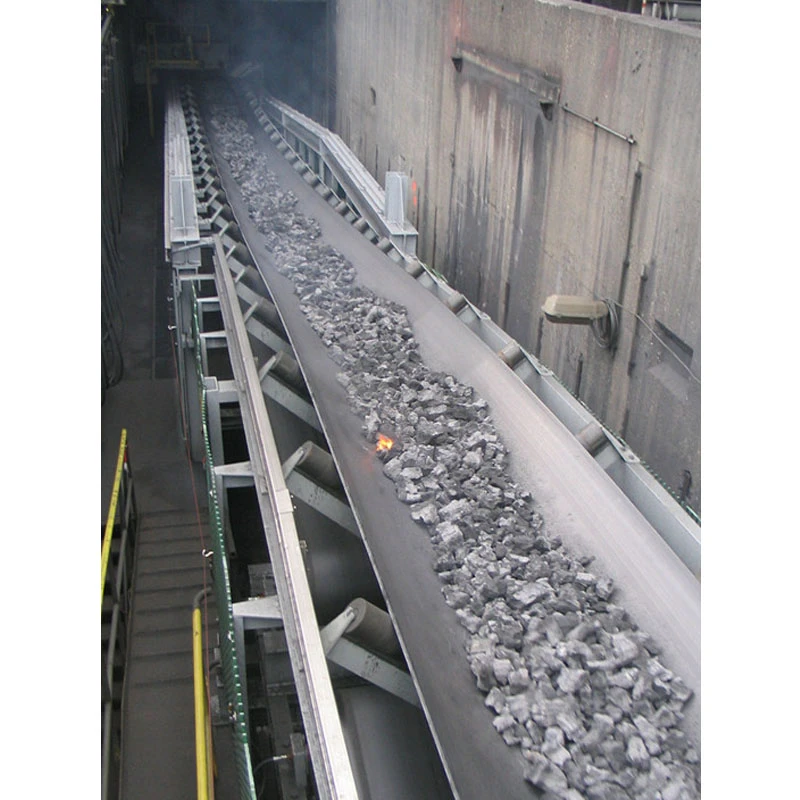Navigating the Evolution of Conveyor Roller Technology in Modern Industrial Operations
In the dynamic landscape of industrial automation and material handling, the humble conveyor roller stands as a critical component, underpinning the efficiency and reliability of countless operations worldwide. Current industry trends highlight a significant shift towards more durable, energy-efficient, and application-specific designs for these essential parts. This evolution is driven by the increasing demands for higher throughput, reduced maintenance, and compliance with stringent environmental regulations. From bulk material transport in mining to precise parcel sorting in logistics hubs, the performance of these components directly impacts operational costs and productivity. Understanding the technological advancements, material science breakthroughs, and manufacturing precision behind modern rollers is paramount for B2B decision-makers and technical personnel aiming to optimize their systems.
The demand for specialized solutions, including advanced conveyor belt rollers and robust conveyor drive rollers, continues to grow. These components are no longer generic off-the-shelf items but engineered solutions tailored for specific environmental conditions and material characteristics. Innovations in sealing technology, bearing design, and surface treatments are extending service life and reducing power consumption, leading to substantial long-term savings. This comprehensive overview delves into the core aspects of conveyor roller technology, offering insights into their manufacturing, application, and the critical factors that contribute to their superior performance in demanding industrial settings.
The Manufacturing Journey of a High-Performance Conveyor Roller
The production of a high-quality conveyor roller is a precise, multi-stage process that emphasizes material integrity, dimensional accuracy, and robust construction. It typically begins with the selection of premium materials designed to withstand specific operational stresses. For example, the Spiral Conveyor Roller, a specialized type of material handling roller, often utilizes high-grade steel for its core, ensuring structural strength, while its unique spiral design leverages rubber or polymer materials for superior belt support and cleaning action.
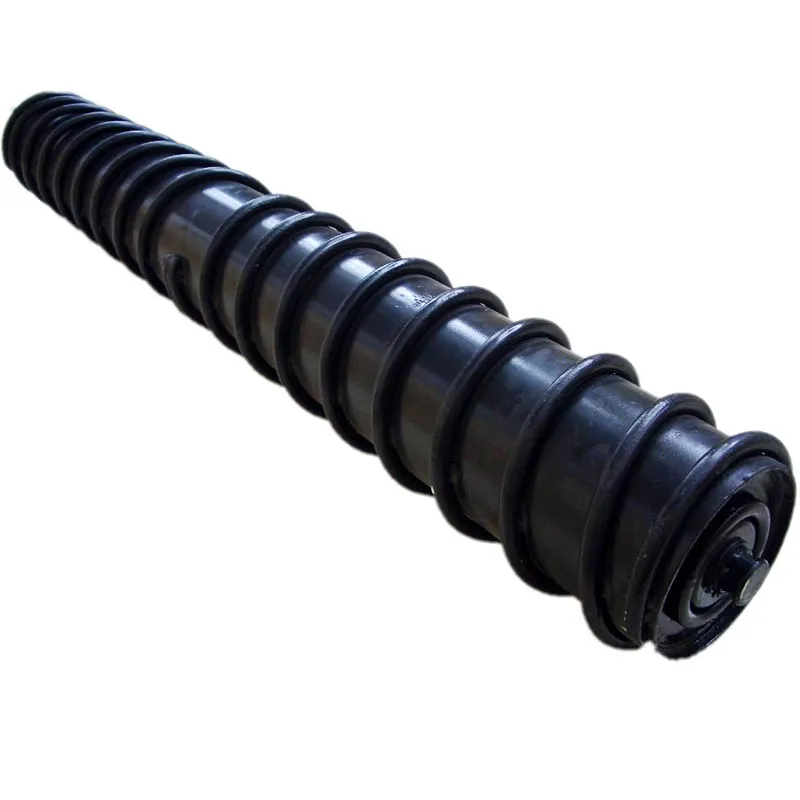
Manufacturing Process Flow:
- Material Selection & Preparation: Choosing high-strength carbon steel (e.g., Q235, 45# steel) or stainless steel for corrosive environments. Tubing is cut to precise lengths.
- Shaft Machining: Shafts are typically manufactured from cold-drawn steel bars, undergoing processes like CNC machining for precise bearing seat dimensions and surface finishing. This ensures optimal bearing fit and rotation.
- Bearing Housing & Sealing Assembly: Stamped or cast bearing housings are prepared. Multi-labyrinth seals, crucial for preventing contamination and extending the life of conveyor belt rollers, are integrated. This step is critical for rollers operating in harsh, dusty, or wet conditions.
- Shell Welding: The steel tube (shell) is welded to the bearing housings, often using automated welding processes (e.g., submerged arc welding) to ensure concentricity and robust joints. This minimizes wobble, which can lead to premature wear of the conveyor belt and roller.
- Surface Treatment & Coating: Depending on the application, rollers may undergo shot blasting, painting (e.g., electrostatic powder coating for corrosion resistance), or rubber lagging. For specialized rollers like the Spiral Conveyor Roller, the spiral rubber covering is applied precisely to the shell.
- Quality Control & Testing: Each roller undergoes rigorous inspection, including dimensional checks (concentricity, run-out), welding integrity, bearing friction testing, and seal effectiveness. Compliance with international standards such as ISO 9001 (Quality Management), ISO 1537 (Conveyor Belts – Rollers), and ANSI/CEMA (Conveyor Equipment Manufacturers Association) standards is typically verified to guarantee performance and reliability.
This meticulous manufacturing ensures high durability and extended service life, often exceeding 50,000 hours in continuous operation for well-maintained units. Industries like petrochemical, metallurgy, mining, power generation, and water/wastewater treatment heavily rely on these robust components, benefiting from their energy-saving properties due to low rolling resistance and their enhanced anti-corrosion features in challenging environments.
Key Technical Parameters and Performance Metrics of Conveyor Rollers
Selecting the appropriate conveyor roller requires a thorough understanding of its technical specifications. These parameters dictate a roller's suitability for specific applications, its durability, and overall operational efficiency. Key metrics include shell diameter, shaft diameter, bearing type, seal design, and material composition. The performance of both conveyor belt rollers and conveyor drive rollers is often quantified by their rotational resistance, load capacity, and projected lifespan under various operating conditions.
| Parameter | Description | Typical Range/Value |
|---|---|---|
| Shell Diameter (ØD) | Outer diameter of the roller shell. Affects belt support and material flow. | 60mm - 219mm (2.36" - 8.62") |
| Shaft Diameter (Ød) | Diameter of the central shaft. Determines bearing size and load capacity. | 20mm - 50mm (0.79" - 1.97") |
| Roller Length (L) | Length of the roller, typically matching belt width. | 190mm - 2000mm (7.5" - 78.7") |
| Bearing Type | Self-aligning ball bearings (e.g., 6204, 6305, 6306). Influences rotational friction and load. | 2RS (double-sealed), C3 clearance |
| Seal System | Multi-labyrinth seals or specialized composite seals. Prevents dust/water ingress. | IP54 to IP66 ratings common |
| Shell Material | Steel (Q235, 45#), Stainless Steel (304, 316), HDPE, Nylon. | Varies by application |
| Service Life | Expected operational lifespan under specified conditions. | > 30,000 to 50,000+ hours |
| Rotating Resistance (Friction Factor) | Measure of energy loss during rotation. Lower is better for energy efficiency. | Typically < 0.025 N/mm (for well-engineered rollers) |
These technical specifications are crucial for engineering departments and procurement teams. For instance, a low rotating resistance directly translates to reduced power consumption for the conveyor system, contributing to significant energy savings over time. Similarly, a high IP rating (Ingress Protection) for the seal system ensures reliable operation in extremely dusty or wet environments, a common challenge in sectors like cement production or port operations.
Diverse Applications & Technical Advantages in Industrial Sectors
The adaptability and robust design of modern roller systems enable their deployment across an extensive range of demanding industries. Each sector presents unique challenges, which high-quality rollers, especially types like the Spiral Conveyor Roller, are engineered to address effectively.
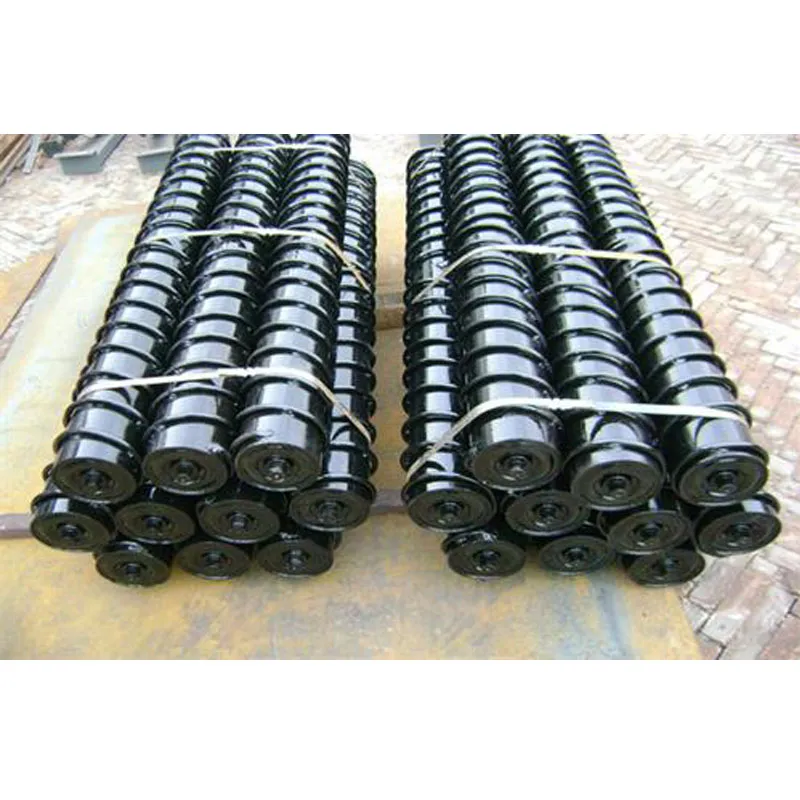
- Mining & Aggregates: In these heavy-duty environments, conveyor belt rollers must withstand abrasive materials, significant impact loads, and extreme temperatures. Rollers with robust shells, reinforced shafts, and superior labyrinth seals prevent material ingress and extend operational life, reducing costly downtime.
- Cement & Building Materials: Characterized by fine, abrasive dust and high material temperatures, this sector requires rollers with excellent sealing properties and wear resistance. Specialized coatings and durable bearing housings ensure continuous operation.
- Power Generation: Transporting coal, ash, or biomass demands rollers capable of handling large volumes continuously. Energy-efficient conveyor drive rollers and idlers with low rotational resistance are crucial for reducing overall power consumption in these energy-intensive plants.
- Metallurgy & Steel: Extreme heat, heavy loads, and sometimes corrosive fumes are prevalent. Heat-resistant lubricants, specialized alloys, and robust construction are paramount for roller longevity and safety.
- Port & Material Handling: Outdoor environments expose rollers to salt spray, moisture, and high winds. Anti-corrosion coatings and superior sealing for such equipment ensure reliability and prevent premature failure.
- Water & Wastewater Treatment: Corrosive chemicals and damp conditions necessitate stainless steel or specialized polymer rollers that offer excellent chemical resistance and maintain hygiene standards.
Advantages of Specialized Roller Designs (e.g., Spiral Conveyor Roller):
The Spiral Conveyor Roller exemplifies innovation in conveyor roller design. Its unique spiral rubber profile offers several distinct advantages. Firstly, it provides a self-cleaning action for the conveyor belt, preventing material buildup and reducing belt wear. This is particularly beneficial in industries handling sticky or wet materials. Secondly, the spiral design minimizes belt misalignment by gently guiding the belt back to its center, extending belt life and preventing material spillage. Thirdly, compared to conventional rollers, its design often results in lower friction, leading to reduced energy consumption and operational costs. For instance, a well-designed spiral roller can reduce overall conveyor system power draw by 5-10% compared to flat-surface rollers under similar conditions, contributing significantly to sustainability goals and bottom-line savings.
Choosing Your Partner: Manufacturer Comparison and Custom Solutions
The selection of a conveyor roller manufacturer is as critical as the product itself. Reputable manufacturers distinguish themselves through their commitment to quality, engineering expertise, and ability to provide tailored solutions. When comparing providers, consider their track record, industry certifications (e.g., ISO 9001:2015 for quality management), and the depth of their engineering support. A key differentiator is the capacity for custom manufacturing, allowing for rollers to be designed specifically for unique operational constraints, such as non-standard lengths, specialized coatings, or extreme load requirements.
For instance, a client in a large-scale port terminal might require conveyor drive rollers capable of handling consistently high tonnage while resisting saltwater corrosion. A specialized manufacturer would offer solutions with marine-grade stainless steel shafts, advanced multi-seal systems, and perhaps even a protective rubber lagging to enhance grip and prevent belt slippage. Partnering with a manufacturer offering comprehensive consultation services ensures that the chosen roller solution is optimally matched to your system's specific demands, leading to enhanced performance and extended asset life. Look for providers with a proven history of collaboration with major industrial players and a clear commitment to research and development in conveyor technologies.
Ensuring Trust & Reliability: Our Commitment to Excellence ()
Building trust and demonstrating authority are fundamental to our approach in delivering high-quality conveyor roller solutions. Our company adheres strictly to international quality standards, ensuring that every product, including our Spiral Conveyor Roller, meets or exceeds client expectations and industry benchmarks.
- Authoritativeness: We hold ISO 9001:2015 certification for our manufacturing processes, reflecting our commitment to consistent quality management. Our rollers are rigorously tested to comply with international standards such as DIN 22107 and CEMA, ensuring their reliability and safety in operation. With over two decades of experience in the material handling industry, we have cultivated partnerships with leading engineering firms and industrial corporations globally, providing robust solutions for their critical operations.
- Experience: Our extensive portfolio includes successful implementations across various sectors, from optimizing bulk material flow in large-scale power plants to enhancing parcel handling efficiency in logistics centers. For example, a recent project involved supplying custom-designed conveyor belt rollers for a major South American mining operation, leading to a reported 15% reduction in energy consumption and a significant decrease in unscheduled maintenance over two years. Our dedicated service team provides expert support, from initial consultation and system design to post-installation maintenance and troubleshooting.
Frequently Asked Questions (FAQ)
-
Q: What is the typical delivery schedule for custom roller orders?
A: Standard orders for our Spiral Conveyor Roller typically ship within 3-4 weeks. For highly customized solutions or large-volume orders, lead times can range from 6-8 weeks, depending on complexity and material availability. We prioritize clear communication on lead times from quotation to delivery. -
Q: What warranty is provided for your rollers?
A: We offer a standard 12-month warranty on all our conveyor roller products, covering manufacturing defects and material failures under normal operating conditions. Extended warranty options are available upon request for specific project requirements. -
Q: Do you offer technical support for installation and maintenance?
A: Yes, our technical support team is available to assist with installation guidelines, maintenance best practices, and troubleshooting. We also offer on-site support and training programs for complex projects to ensure optimal performance and longevity of your conveyor systems.
Conclusion: Driving Efficiency with Advanced Conveyor Roller Solutions
The continuous innovation in conveyor roller technology is pivotal for modern material handling systems seeking to achieve higher levels of efficiency, reliability, and cost-effectiveness. From the precise manufacturing of components to the integration of advanced sealing and material science, every aspect contributes to the overall performance and longevity of these critical industrial workhorses. By investing in high-quality, application-specific rollers like the Spiral Conveyor Roller, businesses can significantly reduce operational expenditures, minimize downtime, and enhance their overall competitive edge. Partnering with a reputable manufacturer that prioritizes quality, engineering excellence, and customer support is essential for unlocking the full potential of your conveyor systems and ensuring sustained productivity in demanding industrial environments.
References
- CEMA. (2019). Belt Conveyors for Bulk Materials (7th Ed.). Conveyor Equipment Manufacturers Association.
- ISO 1537:2018. (2018). Conveyor belts – Rollers – Characteristics for selection. International Organization for Standardization.
- Zhang, L., et al. (2021). Analysis of Energy Consumption in Belt Conveyor Systems. Journal of Mining Science and Technology.

